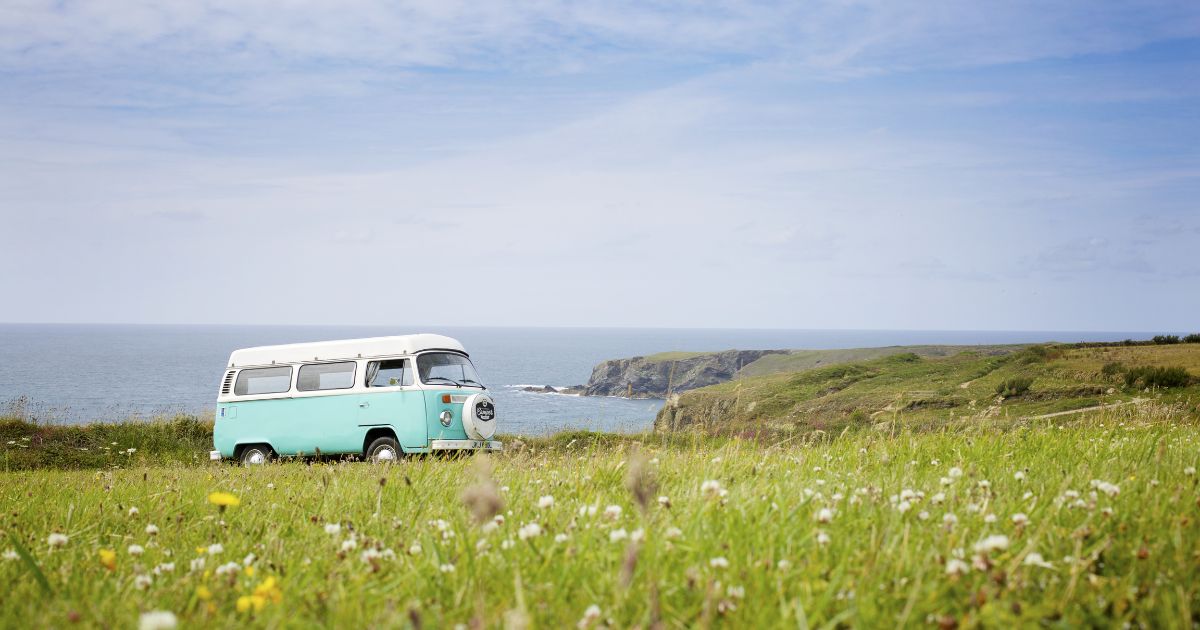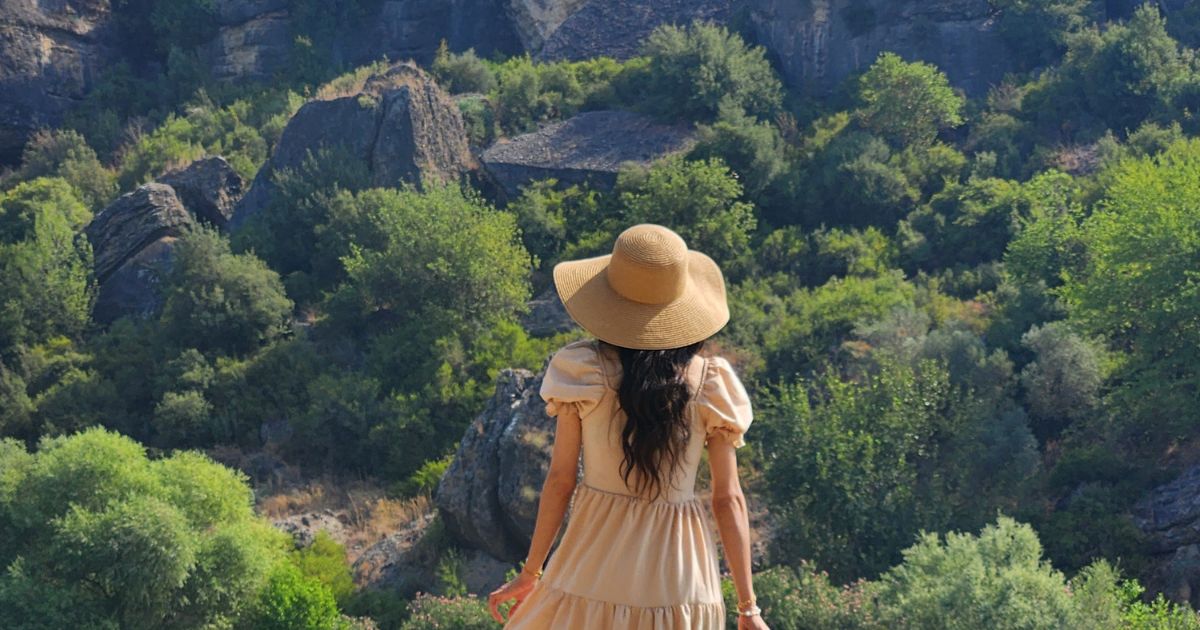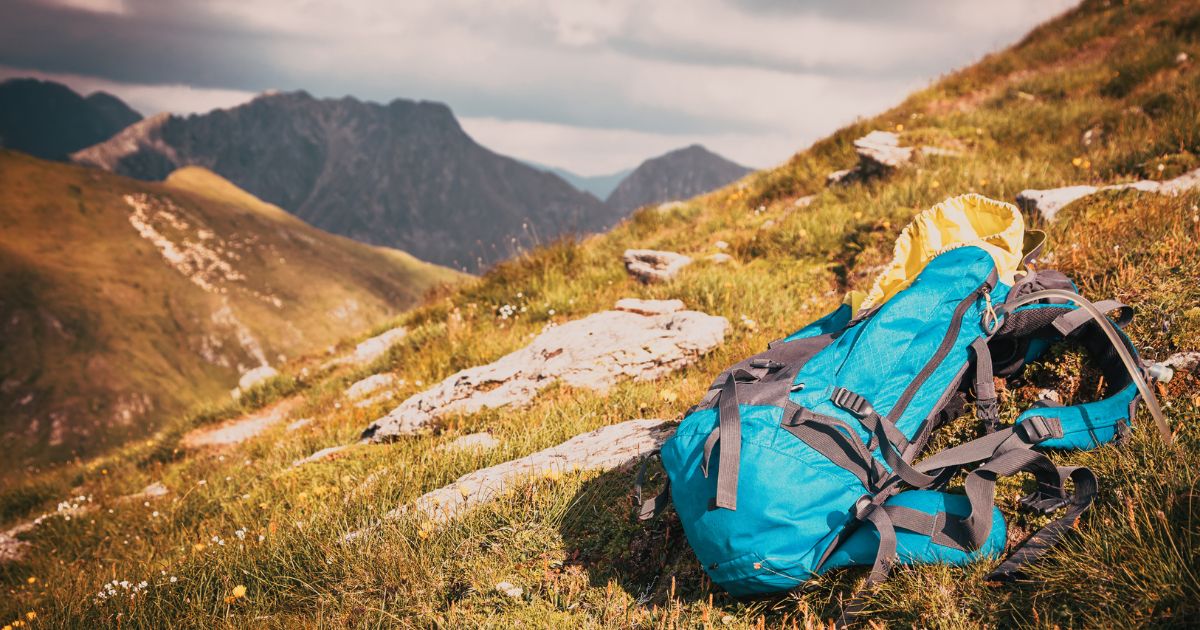
In today’s fast-paced world, rushing from one landmark to another can feel more like a race than a vacation. Enter slow travel—a philosophy that encourages you to savor every moment, connect with local cultures, and leave a deeper positive impact on the places you visit. Rather than ticking off a checklist, slow travel lets you become part of the story. This comprehensive guide will walk you through everything you need to plan, experience, and cherish your slow travel adventure.
What Is Slow Travel?
Slow travel is more than just lingering longer—it’s a shift in mindset. It prioritizes quality over quantity, authentic experiences over tourist traps, and mindful exploration over hurried itineraries. Rooted in principles of sustainability and respect for local ways of life, slow travel dissolves the boundary between traveler and community. Whether you’re savoring locally grown coffee in a remote village or learning traditional crafts alongside artisans, every activity becomes an opportunity to connect on a deeper level.
The Benefits of Immersive, Mindful Journeys

- Deeper Cultural Understanding: By spending more time in one place, you’ll grasp the nuances of daily life—language idioms, local traditions, and community rhythms.
- Reduced Carbon Footprint: Fewer long-distance flights and more ground travel or cycling leads to a greener journey.
- Enhanced Well-Being: Slower paces lower stress, allowing you to unwind, reflect, and rediscover joy in simple moments.
- Economic Support for Locals: Small guesthouses, family-owned eateries, and local guides benefit directly when you extend your stay.
- Memories that Last: Immersive experiences become stories you’ll recount for years—like cooking paella in a Spanish farmhouse or joining a neighborhood festival.
Planning Your Slow Travel Journey
Effective slow travel starts with thoughtful planning. Here are steps to set the stage for an immersive adventure:
- Select Fewer Destinations: Instead of 10 cities in two weeks, choose two or three regions to explore in depth.
- Research Seasonal Events: Align your trip with local festivals, harvests, or cultural ceremonies for richer experiences.
- Allocate Flexible Timeframes: Build in cushion days for spontaneous detours, extended stays, or new friendships.
- Budget for Authenticity: Reserve funds for homestays, cooking workshops, or community tours that prioritize local guides.
Immersing in Local Culture
True immersion requires openness and respect. Try these strategies to forge genuine connections:
- Learn Basic Phrases: Even a simple “thank you” or “hello” in the native tongue can break the ice and demonstrate goodwill.
- Dine with Locals: Seek out family-run eateries, street markets, or invite neighbors to share traditional meals.
- Participate in Community Workshops: From weaving baskets to kneading traditional breads, hands-on activities foster cultural appreciation.
- Volunteer Locally: A morning spent planting trees or assisting at a community center can leave a lasting impact—on you and the locals.
- Respect Local Customs: Observe dress codes, religious protocols, and social etiquette. When in doubt, ask kindly.
Choosing Sustainable Transportation
Getting around mindfully is key to slow travel. Explore these greener transport options:
- Trains and Regional Buses: Many countries offer scenic rail routes and reliable bus networks. It’s eco-friendly and lets you admire landscapes at a leisurely pace.
- Cycling Adventures: Rent a bicycle for day trips or multi-day tours—great for both the planet and your health.
- Electric Vehicle Rentals: In regions with charging infrastructure, EVs can be a smart choice for road trips.
- Hitch a Local Ride: Carpooling with villagers or ride-sharing platforms can reduce emissions and foster camaraderie.
Selecting Authentic Accommodations
Your home away from home should reflect the spirit of slow travel. Consider these lodging options:
- Family-Run Guesthouses: Stay with local families who welcome you into their daily routines.
- Eco-Lodges and Agritourism Farms: These properties often practice sustainable agriculture and renewable energy use.
- Home Exchanges: Swap homes with someone abroad for a cost-effective, authentic experience.
- Monastery or Convent Stays: In some countries, religious retreats offer simple, reflective lodging amid serene surroundings.
Mindful Practices While Traveling

To honor the spirit of slow travel, integrate mindful habits into your journey:
- Unplug Regularly: Designate tech-free hours for journaling, sketching, or simply observing the world around you.
- Pack Light and Local: Bring versatile clothing, shop for souvenirs made by local artisans, and avoid single-use plastics.
- Follow the Seasons: Eat produce that’s in season locally and support farmers’ markets to reduce food miles.
- Leave No Trace: Dispose of waste responsibly, respect wildlife habitats, and stay on marked trails.
Conclusion: Redefine What Travel Means to You
Slow travel invites you to press pause, listen, and immerse yourself fully in new landscapes and communities. It transforms a vacation into a meaningful exchange—one that nourishes your soul and uplifts the places you visit. By planning thoughtfully, traveling responsibly, and embracing local culture, you’ll return home with stories that resonate far beyond photos and souvenirs. So pack your curiosity, open your heart, and embark on a journey that celebrates every step of the way.

















No Comments